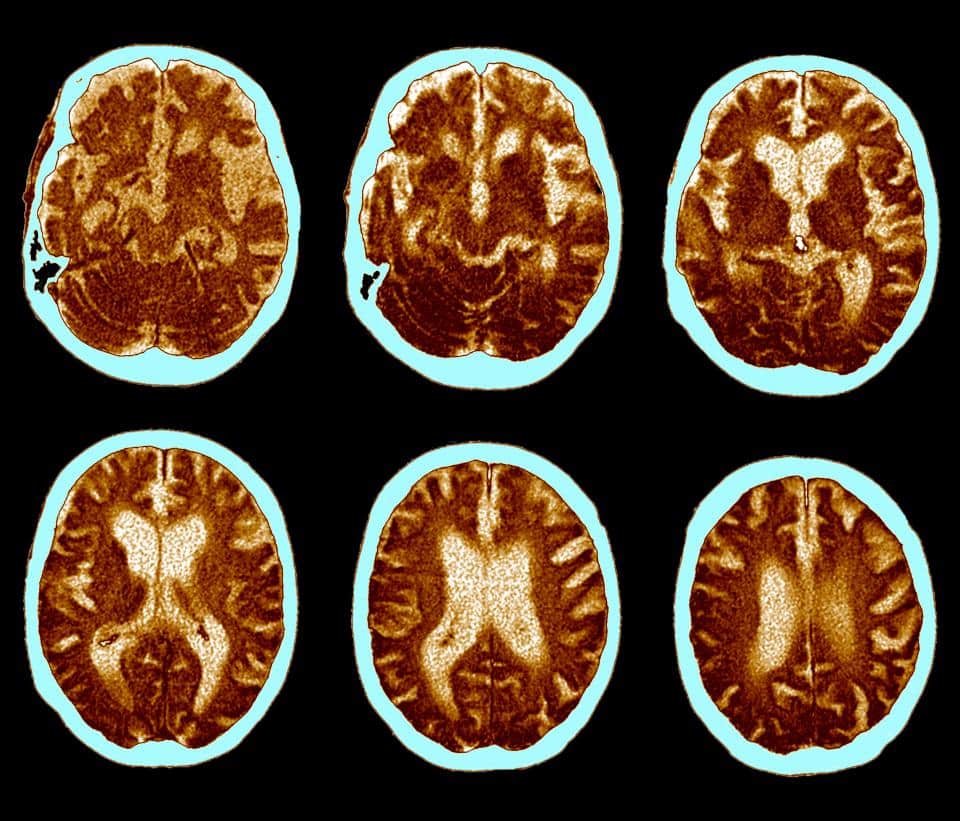Enzyme Depletion Shown to Result in Alzheimer’s Reversal
Alzheimer’s disease (AD), which is the most common age-dependent neurodegenerative disease, is characterized by the presence of amyloid deposition, neurofibrillary tangles, progressive loss of synapses, and severe cognitive dysfunction. Excessive accumulation of β-amyloid peptides (Aβ) is a widely recognized early event that leads to the development of AD pathologies, including impairments in synaptic functions at various sites.
And this generation of Aβ requires β-secretase, also called β-site amyloid precursor protein (APP)–cleaving enzyme 1 (BACE1), which cleaves APP to release a soluble N-terminal fragment and a membrane-anchored C-terminal fragment.
Therefore, scientists at the Cleveland Clinic studied the role and effects of different presence levels of this enzyme in a pursuit to battle Alzheimer’s. As a result, they have now in the latest study, been able to demonstrate how gradually eliminating this enzyme in the brain could be the key to undoing the damage caused by the debilitating brain disease.
In particular, the scientists successfully rollbacked the formation of dangerous amyloid plaques in the brains of mice, paving the way for similar treatments in humans.
“To our knowledge, this is the first observation of such a dramatic reversal of amyloid deposition in any study of Alzheimer’s disease mouse models,
” senior researcher Riqiang Yan said in a press release.
One of the most concrete ways in which Alzheimer’s is identified in a patient is through an abnormal buildup of beta-amyloid peptide, a protein that can build into the large amyloid plaques in the brain that are a telltale sign of the deadly, and to date incurable disease. BACE1 helps to produce beta-amyloid peptide, and so inhibiting the enzyme with drugs could ultimately open the door to effective Alzheimer’s treatments by halting the buildup.
Completely blocking BACE1 in previous mouse models has resulted in major brain defects, as the enzyme controls several fundamental developmental processes. So the team engineered a mouse model that gradually lost the enzyme as it grew older and then bred those mice with rodents that were engineered to develop amyloid plaques from an age of 75 days.
The scientists found that the mice still developed plaques, even though their BACE1 levels were 50% lower than normal. As time passed, however, and BACE1 levels fell further, the plaques began to disappear. By the time the mice were 10 months old, they had no plaques in their brain at all. Further, thinking skills in mice also appeared to improve with the loss of the amyloid plaques, Yan said.
“We did see an improvement of learning behavior,” he said. “Those plaques caused behavioral impairment that actually reversed and significantly improved” when the plaques dissolved.
The lab study provides additional confirmation that BACE1 could play an important role in Alzheimer’s disease, particularly if the enzyme is inhibited at the right time, said James Hendrix, director of global science initiatives at the Alzheimer’s Association.
“They seem to think that inhibiting BACE1 will have the best impact if you go early, because you’ll prevent the accumulation of amyloid plaques and, for the plaques that do form, you’ll have a healthy brain that has the mechanisms in place that can clear those plaques out,” Hendrix said. “If your brain has deteriorated such that your ability to remove those plaques is gone, then BACE1 may have very limited usefulness.”
However, it remains to be seen whether such improvements observed in lab mice will translate over to human beings. Yan hopes his team’s study sparks further trial developments. Perhaps, he suggests, trials are starting BACE1 too late in the disease process to make a difference in the lives of Alzheimer’s patients.






























